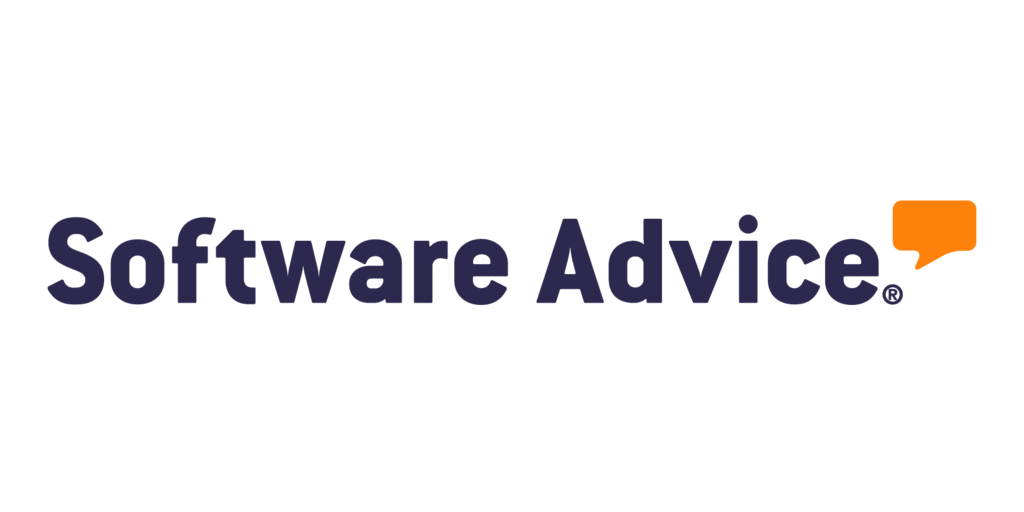Online Pharmacies Maintain Popularity But Now Face Usability and Cost Challenges

Software Advice’s Online Pharmacy Survey reveals that patients who rated pharmacy apps as very easy to use dropped from 69% in 2022 to 46% in 2024.
AUSTIN, Texas–(BUSINESS WIRE)–With an overwhelming majority of patients turning to digital platforms for their healthcare needs, the adoption of online pharmacies has surged. However, new research by Software Advice reveals patients now report usability challenges with the apps.
According to Software Advice’s Online Pharmacies Survey of over 700 patients, which compares data on the same topic from 2022, there have been notable changes that medical providers and digital health companies must address:
Usability Concerns Rise as More Patients Turn to Pharmacy Apps
The rise in app usage for prescription management reveals a double-edged sword; while more patients are leveraging mobile technology, the satisfaction with app usability has seen a decline. Users who rated pharmacy apps as very easy to use dropped from 69% in 2022 to 46% in 2024. This trend has increased among Gen Z users, who, despite their tech-savviness, report higher standards and expectations from digital health tools.
“The decline in user satisfaction with pharmacy apps underscores the urgency for developers and healthcare providers to focus on simplicity and functionality,” says associate principal analyst Lisa Morris, Software Advice. “As online pharmacies become more prevalent, ensuring these platforms are user-friendly is crucial.”
Online Pharmacy Benefits are Changing
In 2024, 41% of respondents observed no difference in the cost of prescription filled online versus those from traditional pharmacies, highlighting a decrease in financial advantages previously associated with them. This change suggests that economic factors, including inflation, are influencing the benefits once offered by online pharmacies.
The Implications for Healthcare Providers and the Future of Online Pharmacies
The old days of calling in your prescription are nearly over according to the research–in fact, 30% used this method in 2022 compared to just 13% in 2024. Patients who received written prescriptions and took them to the pharmacy themselves decreased from 27% to 6%—a huge margin.
Morris says, “The goal should be clear: to make digital health tools straightforward and reliable, thereby keeping patients engaged and confident in managing their healthcare and adhere to taking their prescription medicine.”
For healthcare providers, the popularity of online pharmacies underscores the importance of integrating ePrescribing capabilities and ensuring seamless connectivity with various online pharmacy platforms. The survey suggests that leveraging technology not only enhances patient satisfaction but also plays a crucial role in medical adherence, and as a result, improved patient outcomes. For insights and recommendations on selecting EHR or practice management platforms with online pharmacy integration, read the full report on Software Advice.
About Software Advice
Software Advice simplifies software buying. Through 1-on-1 conversation and trusted insights, industry-specific advisors guide buyers to top software options in as little as 15 minutes (and it’s 100% free). Founded in 2005, Software Advice has helped more than 950,000 businesses find the right software for their specific needs. Software Advice also features over 2 million verified user reviews to ensure people feel confident in their technology decisions. For more information, visit softwareadvice.com.
Contacts
Evan Mimms
PR@softwareadvice.com


